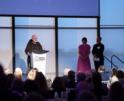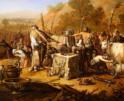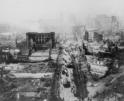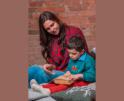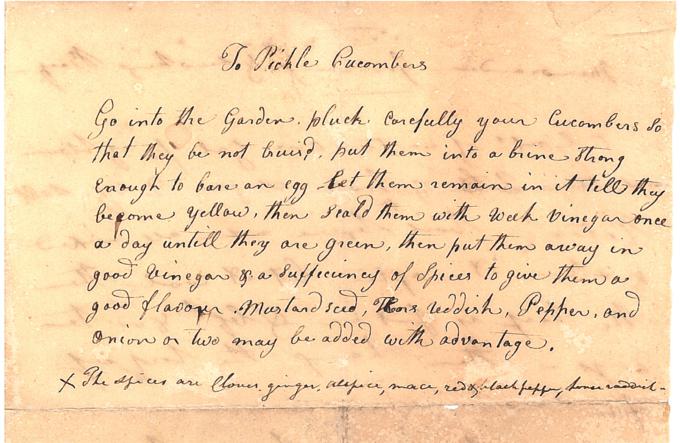
Culture
While this document may lend some insight into the cooking methods and diet of the local population during Bishop Fenwick's time in Boston, I think it is a reminder that though something might be very old, it does not automatically hold a lot of historical value.
The archive is home to many treasures. While searching the archive, we sometimes find pieces of our history that have been lost to time, whether intentionally or unintentionally. More often, we come across documents, items, and other materials that relate directly to people or events which are historically significant. Sometimes neither is the case, and for inexplicable reasons a seemingly random document is preserved for posterity.
The document featured in this column would fall into the latter category. A sheet of paper from the personal papers of Bishop Benedict Joseph Fenwick contains two recipes, one for curing and smoking beef, and on the reverse side for pickling cucumbers. While the document is undated, Bishop Fenwick served in the Diocese of Boston from 1825 to 1846, so it is likely that this document dates to sometime during his tenure here.
The "Memorandum for curing and smoking Beef" reads as follows:
5 Galo of water one Gal. 1/2 of brown
salt _ 2 lb oz brown sugar 2 oz. salt
Peter_ boil the brine when all mixed
and skim it _ after let it cool then
the beef is put in and left 8 or ten
days _ then hang the beef up
for smoking --
Take the same brine boil it
over skim it once after adding
a half Gal. of water and it will
save for beef all the year round.
--
Don't smoke it too much, take
it down and Lock up in (barn?) in a
dry place _ look at it some times
On the reverse side are directions "To Pickle Cucombers."
While this document may lend some insight into the cooking methods and diet of the local population during Bishop Fenwick's time in Boston, I think it is a reminder that though something might be very old, it does not automatically hold a lot of historical value.
A major challenge for archivists today, especially with the immeasurable amount of digital content being created, is deciding what deserves to, and realistically can be, preserved, and what does not. We cannot save every document produced by every staff member, department, and parish at the archdiocese. So which deserve our attention? Which add to our culture or history? Which will offer insight to future historians? These are often the toughest questions an archivist has to answer.
THOMAS LESTER IS THE ARCHIVIST OF THE ARCHDIOCESE OF BOSTON.
Recent articles in the Culture & Events section
-
The example of the Good ShepherdMichael Reardon
-
Spring Celebration Gala will honor Cardinal O'MalleyShannon Lyons
-
Scripture Reflection for April 28, 2024, Fifth Sunday of EasterDeacon Greg Kandra
-
Boston and the nation respond to the San Francisco Earthquake of 1906Thomas Lester
-
See you in the storyLaura Kelly Fanucci


